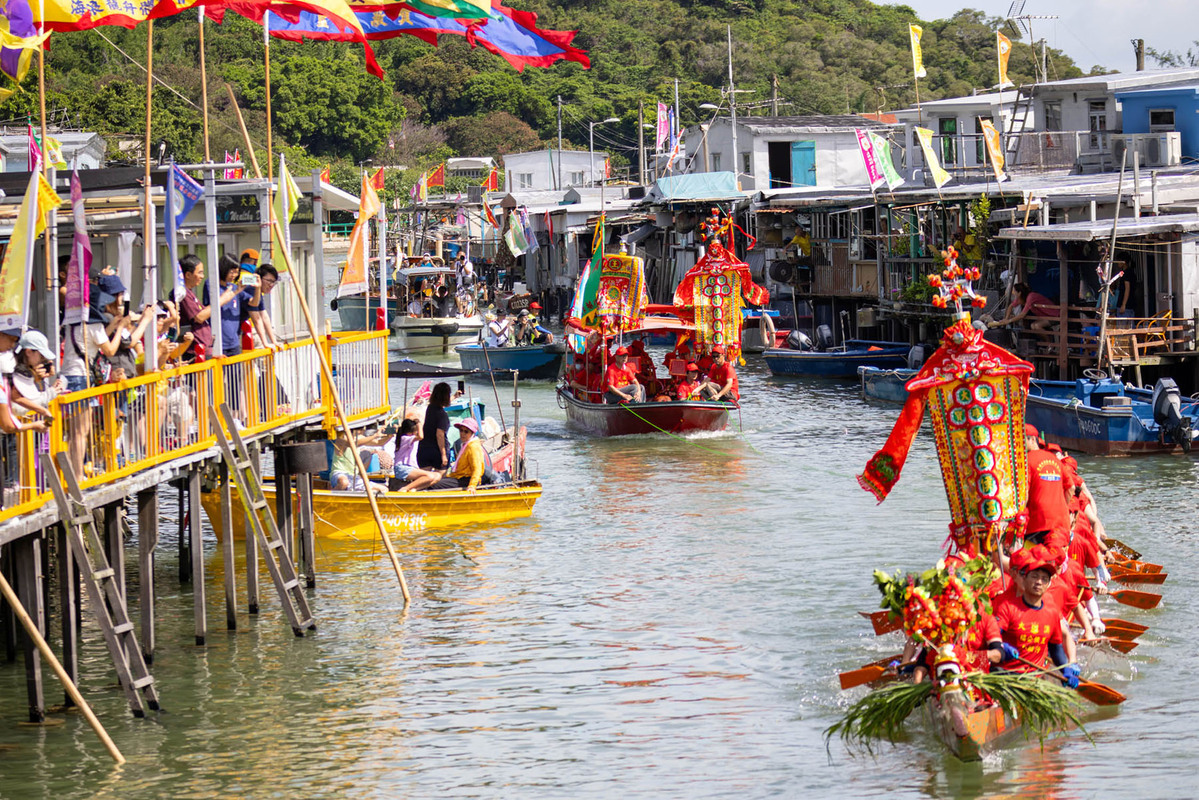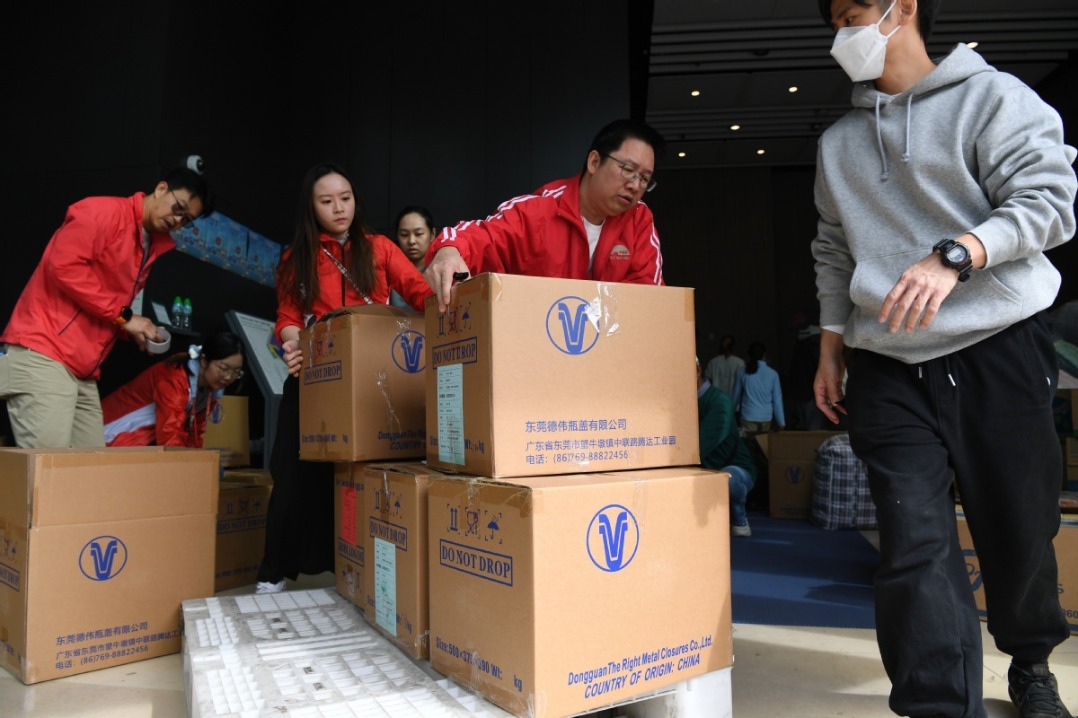Finding creative solutions


Nongovernmental aid
While the local government is supportive toward festivals held to showcase the natural charm and distinct cultures of Hong Kong's outlying islands, it cannot realistically be expected to continue to subsidize them in the long term. For instance, while the inaugural Inter-Island Festival in 2021 received partial support from the Hong Kong Arts Development Council, its November 2023 edition did not, the reason being that such projects are encouraged to run on their own steam after a point.
This is where NGOs can chip in. The first edition of the Inter-Island Festival, for instance, was awarded a grant by Design Trust, a Hong Kong-based funding and advocacy platform that aims to bring positive value to society through meaningful application of design. Earlier, in 2018, Design Trust funded four editions of the Islanders map-zine, which follows the life and times of the communities living on Hong Kong's outlying islands, with a special focus on their unique approaches to sustainable living.
Besides the island festivals, Design Trust supports research projects on Hong Kong's islands and island culture. Its inaugural grant helped develop the exhibition project Uneven Growth, based on a speculative proposal of mapping eight new islands in Hong Kong. Created by Valerie Portefaix and Laurent Gutierrez of the artist collective Map Office, the exhibition ran at New York's Museum of Modern Art from 2014-15.
"We are keen to explore the region - Hong Kong, Macao and the other nine cities in the Greater Bay Area - through the lens of islands, and how the sea culture, the flow of nature, culture and trade have connected and constructed the network for the future of regional cultural and design landscape," says Marisa Yiu, Design Trust's co-founder and executive director.

A time-tested approach
Even with support from the local government, private sponsors and NGOs, funds are never enough to cover the costs of a festival held in an expensive city like Hong Kong. Inter-Island Festival co-founder Kit Chan says that although the grant received from the HKADC in 2021 "was instrumental as it served as a foundational support for the festival", there was also a considerable shortfall to deal with. Chan and his colleagues tried crowdfunding, which worked.
"We reached out for support in a traditional way - by knocking on the doors of the local shops that we knew well, asking for help," Chan says. The responses were mostly positive. And while the contributions received weren't comparable to a corporate sponsorship, "it was a way of engaging the community and building local involvement ahead of the festival".
His fond hope is "that government support be enhanced to better assist local organizations, as we face limitations in resources and networking opportunities".
Florian Melinette, a co-founder of Shi Fu Miz Festival, the last edition of which was held on Cheung Chau Island from Nov 8-10, harbors similar views. He suggests that the government could perhaps consider "putting effort into improving the local music culture" - rather than spending precious funds on bringing big-time international stars over to Hong Kong.
- Macao SAR govt donates $3.85m for fire rescue, reconstruction in Hong Kong
- Consolation payment of HK$200,000 to be granted to Hong Kong fire victims' family members
- Cultural adventures in Confucius' hometown
- Xiong'an prioritizes aerospace information and satellite internet
- Huairou science cluster strengthens global research cooperation in Beijing
- Union earmarks 8 million yuan for Hong Kong fire relief




































